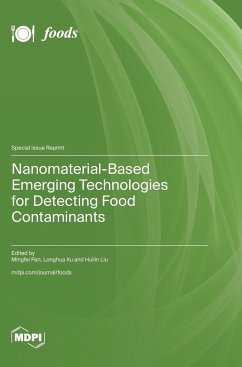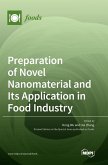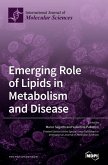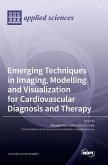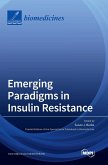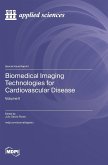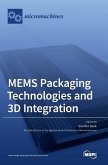Trace contaminants in food both cause food-borne diseases and seriously threaten health in humans. Accurate, sensitive, and effective analytical strategies are necessary to ensure food safety. Metal-based, carbon-based, or other nanomaterials have been used in various analytical strategies to improve food safety. Significant progress has been made in the purification of complex food matrices, analysis of new signals, and performance of existing methods. These emerging technologies based on nanomaterials give full play to the advantages of nanomaterials and improve the accuracy, sensitivity, time consumption, and convenience of food safety testing to varying degrees. This reprint aims to summarize the latest research results on emerging technologies for food safety testing based on various nanomaterials, in order to promote the further development of food-safety-analysis-related technologies.

